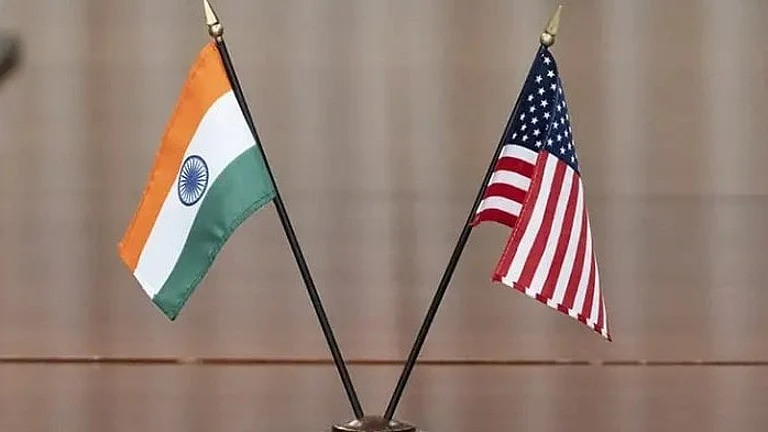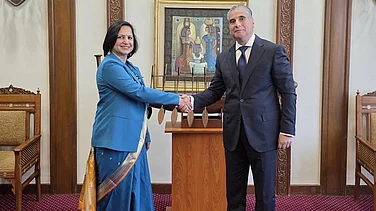Pakistani media on Saturday reported that Prime Minister Shehbaz Sharif had convened a meeting of the National Command Authority, the body responsible for making operational decisions regarding Pakistan’s nuclear weapons, ANI reported.
A few hours later, Pakistan’s leadership backtracked under pressure. Defence Minister Khawaja Asif stated that no meeting of the National Command Authority, the body overseeing the country’s nuclear arsenal, had been called.
This retreat followed telephone conversations between US Secretary of State Marco Rubio and Pakistan Army chief General Asim Munir, as well as Pakistan’s deputy prime minister and foreign minister Ishaq Dar. Rubio also spoke with India’s external affairs minister S Jaishankar, urging de-escalation and direct communication between the two nations.
To distance Pakistan from nuclear rhetoric, Asif told Geo News that the nuclear option is not currently under consideration but that if circumstances escalate, the “watchers” would also be affected.
“I am telling the world that this is not going to be confined to the region only; it could be a much wider […] destruction. Our options are being reduced considering the situation India is creating,” he said.
Prime Minister Shehbaz Sharif contacted key political figures to brief them on the current situation.
Pakistan has often leveraged its nuclear capabilities during crises with India, with Prime Minister Shehbaz Sharif referencing the country’s nuclear arsenal in his recent address to the National Assembly. Tensions between Pakistan and India have escalated following Pakistan’s series of attacks, which were effectively countered by Indian military forces.
Press Briefing
During a recent press briefing, Colonel Sofiya Qureshi stated that Pakistan targeted 26 locations across India’s western border, but the Indian military largely thwarted these attacks.
“The Pakistani army is continuously attacking the western borders; it has used drones, long-range weapons, loitering munitions and fighter jets to attack India’s military sites. India neutralised many dangers, but Pakistan tried to infiltrate via air at more than 26 places, damaging our equipment and personnel at air force bases in Udhampur, Bhuj, Pathankot and Bathinda. They used high-speed missiles at 1.40 am to target Punjab’s air base. They even attacked health facilities and schools...” Qureshi said.
Foreign Secretary Vikram Misri noted that India responded to Pakistan’s attacks in a measured manner. Wing Commander Vyomika Singh elaborated that the Indian armed forces conducted precision strikes solely on identified military targets.
Misri also dismissed Pakistan’s claims of destroying Indian military installations, calling them “completely false and baseless.” He criticised Pakistan, stating:
“It may be a surprise to Pakistan to see the citizens criticising their own government, as that is a hallmark of open and functional democracy. Pakistan’s unfamiliarity with that shouldn’t be surprising.”
“We have also seen in some of the remarks that the Pakistani army spokesman seems to take great joy at the fact that the Indian public should criticise the government of India with various issues,” he added.

































